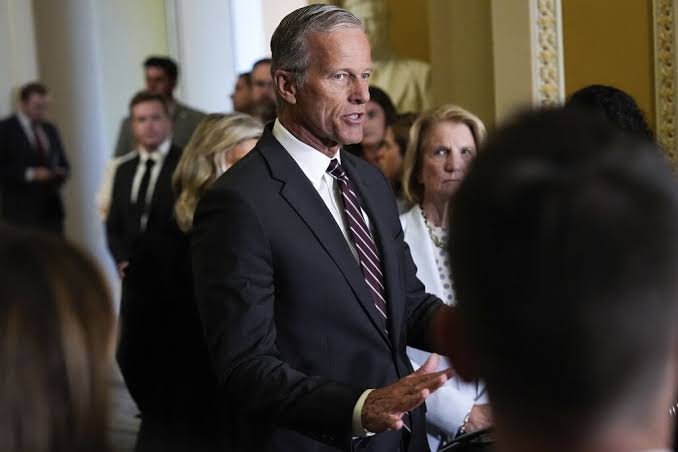Bill Targets State's Aggressive Clean Energy Transition
The U.S. Senate voted to stop California's 2035 electric vehicle (EV) mandate, a policy designed to ban the sale of new gasoline-powered cars after 2035. The vote was prompted by a similar action taken by the House of Representatives earlier this year, which voted to reverse California's waiver approved by the Environmental Protection Agency (EPA). The waiver allowed California to implement more stringent emissions standards than federal regulations, a practice that has been implemented for decades.
Key Takeaways:
Senate Vote: The Republican Senate voted to prevent California from enforcing its 2035 EV mandate, citing fears about feasibility and economic impact.
House Approval: The House of Representatives previously voted to rescind California's EPA waiver, claiming that the policy was unrealistic in its demands on automakers.
Auto Industry Concerns: The big automobile manufacturers have questioned whether it is possible to achieve California's ambitious EV goals, predicting supply chain jeopardy and cost concerns.
California's Reaction: Governor Gavin Newsom and state officials have condemned the Senate's move, labeling it an unlawful overreach and promising to sue the decision in court.
Environmental Impact: California's EV mandate was intended to lower carbon emissions, with an aim at ensuring 100% zero-emission vehicle sales by 2035.
Legal Challenges Expected: Officials in California believe that the EPA waiver is legally safeguarded, and they will likely take legal action against the federal government.
The Senate's decision to halt California's EV mandate is a dramatic change in American environmental policy with the potential to impact national climate change efforts. With lawsuits on the horizon, the fate of California's aggressive clean energy shift hangs in the balance.
Source:
US News, Economic Times, Business Standard





